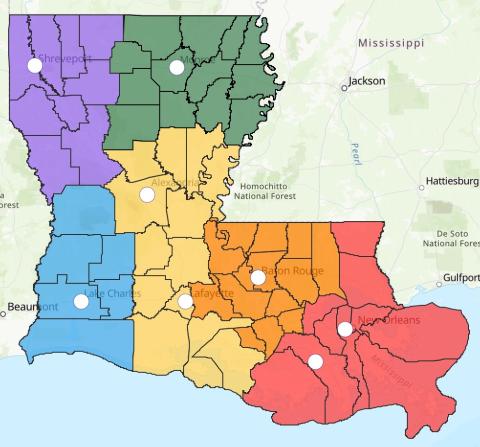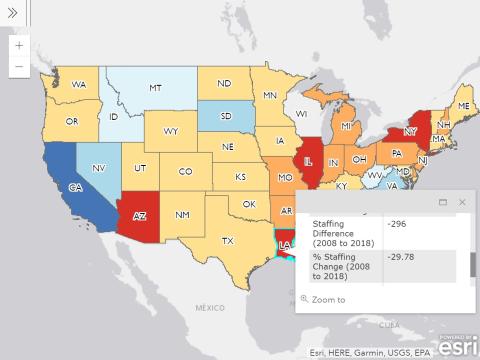"Scott and Chakrabarty’s critiques tell us less about postcolonial studies’ limits than about the difficulty even its most eminent scholars have keeping its history in mind"
"Advocating resistance and critiquing the conditions of resistance are not, contra Scott, inherently opposed or even separate activities"
"During his “ethical turn,” Derrida reconceived the ultimate point of such deconstructive reading: no longer articulating différance it became instead responding to the experience of the other (Derrida 2002: 230–98; Spivak 1999: 426–8)."
"It becomes instead the capacity and willingness to surrender its agency to the other, thus exposing itself to a future it cannot control. Levinas’s redefinition of the human attempted, in its own way, to place the Hegelian tradition on its feet again. Though Gramsci and Fanon are both frequently assimilated to that tradition (as Scott’s and Chakrabarty’s critiques illustrate), the intellectual’s relationship to the colonized in their work prefigures, if again inchoately, the ideas of responsibility and futurity evident in Levinas and Derrida."
"The problem with Orientalism is precisely its ontological—not ethical—approach: the Orientalist seeks knowledge of the other to master it, decidedly not to protect its epistemic difference. [... ] Orientalism thus declares an epistemological as well as ontological difference between the European and the non‐European. Indeed, the former is the very source of the latter: Europeans and Orientals are different types of being precisely because they have different ways of knowing."
"[T]o think of responsibility as a freedom, you need that very humanistic education which teaches rebellion against it” (Spivak 2012: 461).4 “Humanist education” in general trains the “ethical reflex” in precisely the same way literary study in particular does: it opens one to forms of consciousness fundamentally different from one’s own. Such openness eventually requires one to “rebel” against one’s training itself: the oth- erness of some text—indeed, perhaps every text—will exceed what one has been taught."
"If Marxism responded to capitalism dialectically, wanting to replace it with a single and even more universal system, anti‐globalization movements now respond to capitalism deconstructively, wanting instead to articulate the disparate demands of those who build the global economy but are neither seen nor heard there. If they remain so, who will crawl, Spivak asks, “into the place of ‘the human’ of ‘humanism’ at the end of the day, even in the name of diversity?” (Spivak 2005: 23)."
"[T]he genealogy of postcolonial theory recounted here—from Gramsci and Fanon through Said and Spivak to Chakrabarty and Scott—can be read as a necessarily endless effort to rethink the revolutionary principle of freedom from the perspective of those to whom it was never designed to extend."



